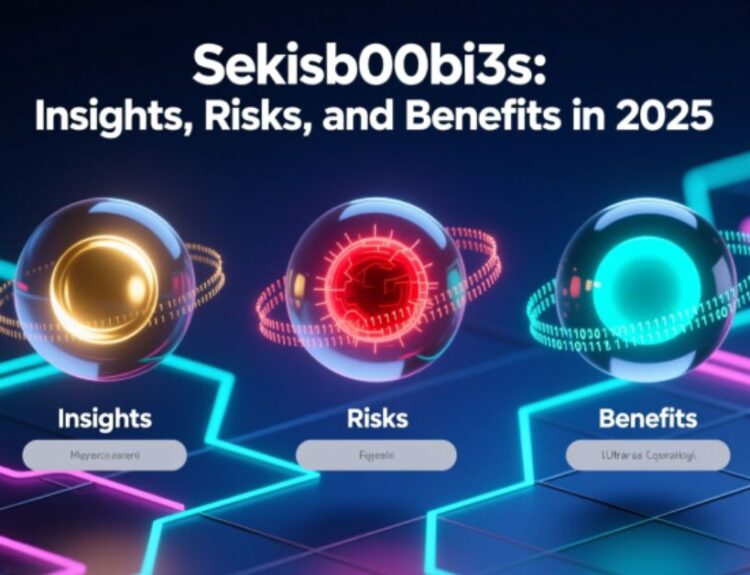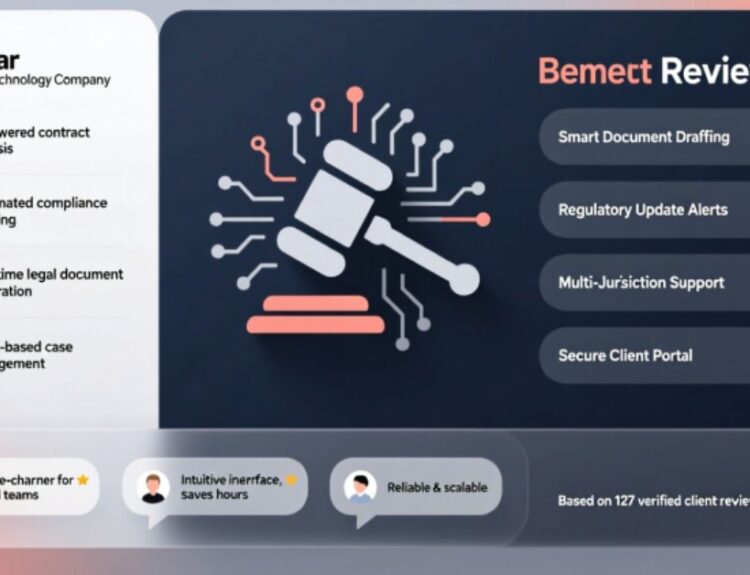The global shift towards renewable energy is not just a trend; it’s a necessity. At the heart of this transformation are innovative companies developing the technologies that will power our future sustainably. One name that appears in this vibrant landscape is Yangzhou Eejann Newenergy Technology. This company is part of a new wave of enterprises dedicated to creating solutions that reduce our reliance on fossil fuels. Understanding what they do and how they contribute is key for anyone interested in the green energy sector, from potential business partners to environmentally conscious consumers.
This guide provides a comprehensive overview of Yangzhou Eejann Newenergy Technology, exploring its core offerings, its potential place in the market, and what its work means for the broader push towards clean energy. We will look at the products they likely specialize in, the pros and cons of their technology, and how they fit into the global supply chain. Our goal is to give you a clear, factual, and valuable insight into this player in the new energy field.
What is Yangzhou Eejann Newenergy Technology?
Yangzhou Eejann Newenergy Technology is a company that operates within the dynamic and fast-growing renewable energy industry. Based in Yangzhou, China, a region known for its manufacturing prowess and growing technological expertise, the company positions itself within the “new energy” sector. This term broadly encompasses technologies designed to provide energy from renewable, sustainable sources, with a primary focus on alternatives to coal, oil, and natural gas.
The company’s name itself provides clear clues about its mission. “Newenergy” is a direct reference to its field, while “Technology” indicates a focus on research, development, and innovation. Companies like Yangzhou Eejann Newenergy Technology are fundamental to the global energy transition. They are the factories and research hubs that produce the physical components—like solar panels and energy storage systems—that make green energy possible for homes, businesses, and utilities around the world.
Core Products and Services Offered
Based on the standard profile of similar enterprises in its region and sector, Yangzhou Eejann Newenergy Technology is primarily engaged in the manufacturing and supply of solar energy products. Their business is built around providing the essential hardware for capturing and utilizing solar power.
A typical product portfolio for a company like Yangzhou Eejann Newenergy Technology would include several key items. The most central product is likely the solar panel, or photovoltaic (PV) module, which converts sunlight directly into electricity. These panels are the fundamental building blocks of any solar energy system. Alongside panels, the company may also produce and supply related components that are crucial for a fully functional system.
Here is a list of products they are likely to offer:
- Solar Panels (PV Modules): Available in monocrystalline or polycrystalline types, these are the primary energy-generating units.
- Solar Charge Controllers: These devices regulate the voltage and current coming from the solar panels to the batteries, preventing overcharging and damage.
- Solar Inverters: Critical for most applications, inverters convert the direct current (DC) electricity generated by panels into the alternating current (AC) used by home appliances and the grid.
- Solar Street Lights: Integrated lighting systems that operate independently of the grid, powered by their own small solar panel and battery.
- Off-Grid Solar System Kits: Bundled packages that include all necessary components for a standalone power system, ideal for remote locations or backup power.
The Technology Behind the Products
The effectiveness of Yangzhou Eejann Newenergy Technology hinges on the underlying science of photovoltaics. Simply put, solar panels are made up of many small cells, usually silicon-based, that act as semiconductors. When photons from sunlight hit these cells, they knock electrons loose, creating an electric current. This process, known as the photovoltaic effect, is the fundamental principle behind all solar power generation.
Companies like Yangzhou Eejann Newenergy Technology focus on manufacturing these cells and assembling them into durable, efficient panels that can withstand decades of outdoor exposure. The technology has advanced significantly, with modern panels offering high conversion efficiencies, meaning they can convert a greater percentage of sunlight into usable electricity. Beyond the panels themselves, the accompanying technology—like the Maximum Power Point Tracking (MPPT) in their charge controllers or the pure sine wave output of their inverters—ensures that the entire system operates at peak performance, safely and reliably.
READ MORE: Xoraxt Technology Co Ltd: Guide to Innovation and Digital Solutions in 2025
Key Features and Potential Benefits
Choosing solar products from a manufacturer like Yangzhou Eejann Newenergy Technology comes with a set of compelling advantages, both for the end-user and for the planet. These benefits are the main drivers behind the global adoption of solar technology.
One of the most significant benefits is the reduction in electricity bills. By generating your own power, you directly offset what you need to buy from the utility company. Furthermore, solar power is a clean, green source of energy. It produces no air pollution, water pollution, or greenhouse gases during operation, making it a cornerstone in the fight against climate change.
Let’s look at some of the key features and benefits in a simple table:
| Feature | Direct Benefit |
|---|---|
| Renewable Energy Source | Reduces carbon footprint and combats climate change. |
| Lower Electricity Bills | Significant savings on energy costs over the system’s lifetime. |
| Low Operating Costs | Once installed, maintenance requirements and costs are minimal. |
| Energy Independence | Reduces reliance on the traditional power grid and volatile fossil fuels. |
| Durable & Long-Lasting | Modern solar panels often come with performance warranties of 25 years or more. |
Considerations and Challenges
While the benefits are substantial, it is also important to consider the challenges and limitations associated with solar technology and sourcing from specialized manufacturers. A balanced view is crucial for making an informed decision.
The initial investment for a solar power system can be significant. This upfront cost includes not only the panels but also the inverter, mounting hardware, and installation labor. While prices have fallen dramatically, it remains a considerable financial commitment for many homeowners and businesses. Another key challenge is the intermittent nature of solar power. The sun does not shine 24 hours a day, and energy production drops during cloudy weather and is zero at night.
This intermittency necessitates the use of battery storage systems, which add to the cost, or a maintained connection to the traditional electrical grid. For companies like Yangzhou Eejann Newenergy Technology, operating in a global market means navigating complex international logistics, customs, and providing adequate customer support and warranty services across different regions, which can be a complex undertaking.
Yangzhou Eejann Newenergy Technology in the Global Market
The global renewable energy market is highly competitive and vast. Yangzhou Eejann Newenergy Technology operates within a specific segment, often focusing on manufacturing and B2B (business-to-business) or B2C (business-to-consumer) wholesale supply. Many such Chinese companies have become integral parts of the global solar supply chain, providing cost-effective and reliable components that are then distributed and installed worldwide.
Their role is vital in driving down the cost of solar energy, making it accessible to a broader audience. By leveraging advanced manufacturing capabilities and scale, they help make solar power a financially viable alternative to conventional energy sources. For international buyers, distributors, and project developers, partnering with or sourcing from a manufacturer like Yangzhou Eejann Newenergy Technology can offer a competitive edge in terms of pricing and supply.
The Future of Renewable Energy and Eejann’s Role
The future of energy is undoubtedly leaning towards a more decentralized, digital, and renewable model. Trends like smart grids, advanced energy storage (like next-generation batteries), and integrated home energy systems are becoming increasingly common. For a company like Yangzhou Eejann Newenergy Technology, the path forward involves adapting to and innovating within these trends.
This could mean expanding their product lines to include more sophisticated energy storage solutions, developing “smart” solar products that can communicate with home energy management systems, or improving the efficiency and durability of their core panel offerings. Their continued success will depend on their commitment to research and development, quality control, and understanding the evolving needs of the global market. As the world continues its urgent transition to clean energy, the work of manufacturers like Yangzhou Eejann Newenergy Technology will remain critically important.
Key Takeaways
- Yangzhou Eejann Newenergy Technology is a player in the solar energy manufacturing sector, likely producing panels, inverters, and related components.
- Adopting solar technology offers major benefits, including lower energy bills, reduced carbon emissions, and greater energy independence.
- Important considerations include the upfront cost and the intermittent nature of solar power, which often requires battery storage or a grid connection.
- The company is part of a global supply chain that is making renewable energy more affordable and accessible worldwide.
- The future will likely see such companies expanding into energy storage and smart energy management solutions to stay competitive.
Conclusion
Yangzhou Eejann Newenergy Technology represents the kind of enterprise that is physically building our sustainable future. By manufacturing the core components of solar energy systems, they provide the tools needed to harness a clean, abundant, and renewable power source. While challenges like cost and intermittency exist, the overall value proposition of solar energy is stronger than ever.
For anyone looking to understand the practical side of the green energy revolution, looking at companies like Yangzhou Eejann Newenergy Technology provides a clear, tangible picture. Their work, and the work of countless similar innovators, is essential for creating a cleaner, more resilient, and sustainable world for generations to come.
Frequently Asked Questions (FAQs)
1. Does Yangzhou Eejann Newenergy Technology offer custom solar panel solutions for large-scale projects?
Many manufacturers like them do offer OEM and custom panel solutions for large commercial or utility-scale projects, but you would need to contact them directly to confirm.
2. What certifications should I look for when evaluating products from Yangzhou Eejann Newenergy Technology?
Look for international certifications like IEC, TUV, and UL, which verify that the products meet specific safety and performance standards.
3. How does the company ensure the ethical sourcing of materials for its products?
This is a key industry question; you would need to inquire about their supply chain transparency and commitment to responsible mineral sourcing policies.
4. Can I purchase products directly from Yangzhou Eejann Newenergy Technology as an individual homeowner?
Their business model may be wholesale-focused, so homeowners typically purchase through distributors or local installers who source from manufacturers.
5. What is the typical lead time for shipping products from their factory in Yangzhou?
Lead times can vary widely based on order size and destination, but you should factor in production time and ocean freight, which can take several weeks.






